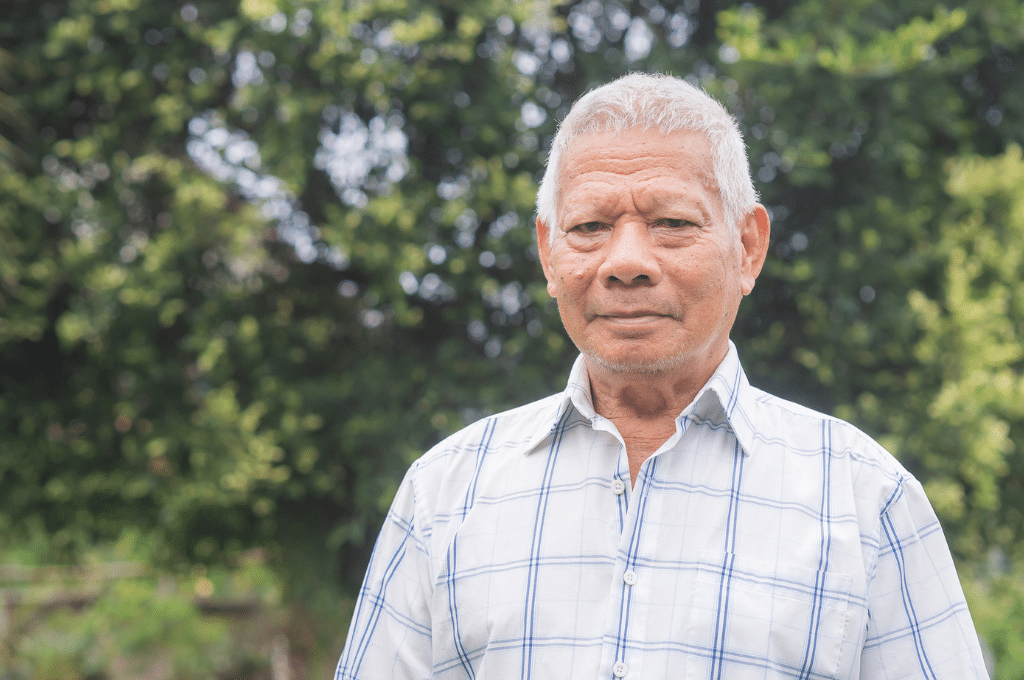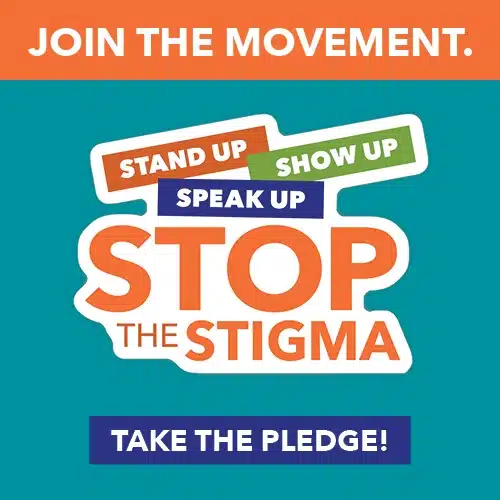At Oaks Integrated Care, we recognize the profound impact that systemic racism has on the mental health of Black, Indigenous, and People of Color (BIPOC) communities. As we observe BIPOC Mental Health Month this July, it is essential to understand the unique challenges faced by these communities and the urgent need to address them. Mental Health America breaks down the facts and provides resources in this year’s BIPOC mental health toolkit:
Systemic Racism and Mental Health
Systemic racism manifests in various forms, significantly affecting mental health. For BIPOC individuals, the daily encounters with racism and discrimination lead to chronic stress, anxiety, depression, and other mental health conditions. This persistent exposure to racial trauma has far-reaching effects, influencing every aspect of life from employment opportunities to healthcare access.
Generational Trauma
Generational trauma is a critical issue within BIPOC communities. Older generations have often endured severe racial trauma, such as segregation, wars, and forced assimilation. These experiences can lead to symptoms of post-traumatic stress disorder (PTSD), depression, and other mental health conditions. Even those who did not directly experience these traumas may still feel their impact, as the trauma experienced by ancestors can make individuals more vulnerable to mental health issues.
Medical Mistreatment
The history of medical mistreatment in the U.S. has created a deep-seated mistrust of the medical system among BIPOC communities. Incidents such as the Tuskegee Study, where Black men were subjected to non-consensual medical experimentation, and the involuntary sterilization of Black, Native American, and Puerto Rican women have left lasting scars. This mistrust often prevents individuals from seeking the mental health support they need, exacerbating existing conditions and contributing to ongoing health disparities.
Discrimination in Everyday Life
Discrimination in various settings, including the workplace, significantly impacts the mental health of BIPOC individuals. Studies have shown that BIPOC employees are more likely to experience discrimination at work, leading to increased stress and anxiety. This discrimination not only affects their mental health but also has financial implications, further contributing to mental health challenges.
The Role of Younger Generations
Younger generations in BIPOC communities face their own set of challenges. Assimilation difficulties, responsibilities and expectations, and experiences of discrimination can lead to isolation, increased stress, and a higher likelihood of developing mental health conditions. The systemic racism encountered by BIPOC youth, particularly in educational settings, has long-term negative effects on their mental health and development.
Moving Forward
Addressing the impact of systemic racism on mental health requires a comprehensive approach. This includes increasing access to culturally competent mental health services, promoting open and honest conversations about mental health within BIPOC communities, and advocating for systemic changes to reduce racial disparities. By acknowledging and addressing these issues, we can work towards a more equitable and supportive environment for all.
At Oaks Integrated Care, we are committed to supporting the mental health of BIPOC communities. As Co-Chair of the Oaks Racial Equality and Social Justice Coalition, Director Renee Carrillo shares, “We’re always striving to be a culturally competent organization. We keep the conversations going even at times if they are difficult. We are doing very important work, making staff and consumers feel heard and safe.” Let’s make BIPOC Mental Health Month as an opportunity to educate, advocate, and support each other in the journey towards mental wellness.










